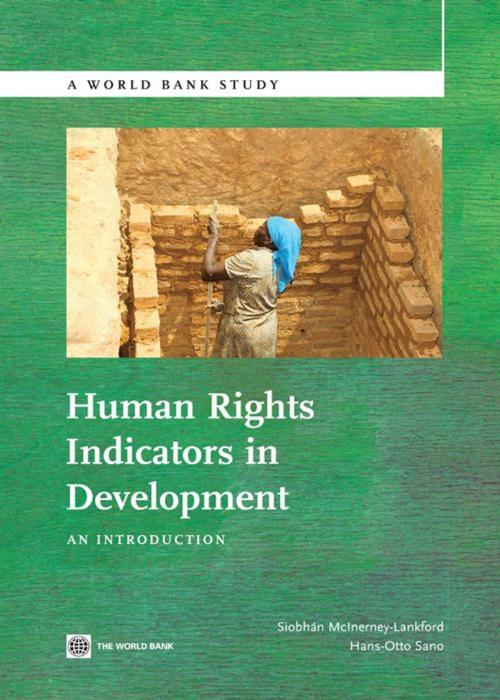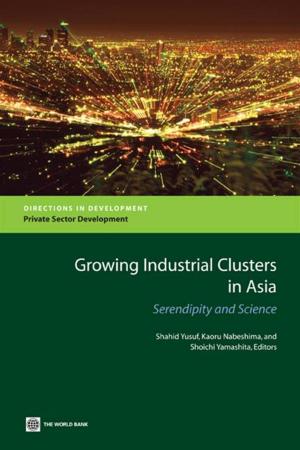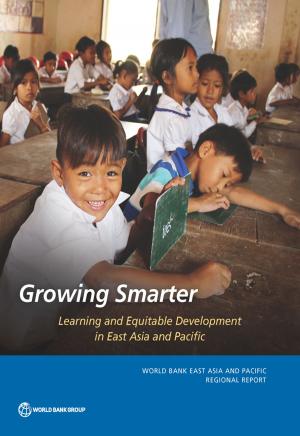Human Rights Indicators in Development: An Introduction
Nonfiction, Social & Cultural Studies, Political Science| Author: | McInerney-Lankford Siobhan; Sano Hans-Otto | ISBN: | 9780821385760 |
| Publisher: | World Bank | Publication: | October 26, 2010 |
| Imprint: | Language: | English |
| Author: | McInerney-Lankford Siobhan; Sano Hans-Otto |
| ISBN: | 9780821385760 |
| Publisher: | World Bank |
| Publication: | October 26, 2010 |
| Imprint: | |
| Language: | English |
Human rights indicators are central to the application of human rights standards in context and relate essentially to measuring human rights realization both qualitatively and quantitatively. They offer an empirical or evidence-based dimension to the normative content of human rights legal obligations and a provide means of connecting those obligations with empirical data and evidence and in this way relate to human rights accountability and the enforcement of human rights obligations. Human rights indicators are important both for assessment and diagnostic purposes: the assessment function of human rights indicators relates to their use in monitoring accountability effectiveness and impact while the diagnostic purposes relates to measuring the current state of human rights implementation and enjoyment in a given context whether regional country-specific or local. This paper offers a preliminary review of the foregoing in the development context and a general perspective on the significance of human rights indicators for development processes and outcomes. It is not intended to be prescriptive and does not provide specific operational recommendations on the use of human rights indicators in development projects. Nor does it advocate a particular approach or mode of integrating human rights in development or argue for a rights-based approach to development. This paper is designed to provide development practitioners with a preliminary view on the possible relevance design and use of human rights indicators in development policy and practice. It also introduces a basic conceptual framework about the relationship between rights and development including in the World Bank context and surveys a range of methodological approaches on human rights measurement exploring in general terms different types of human rights indicators and their potential implications for development at three different levels of convergence or integration.
Human rights indicators are central to the application of human rights standards in context and relate essentially to measuring human rights realization both qualitatively and quantitatively. They offer an empirical or evidence-based dimension to the normative content of human rights legal obligations and a provide means of connecting those obligations with empirical data and evidence and in this way relate to human rights accountability and the enforcement of human rights obligations. Human rights indicators are important both for assessment and diagnostic purposes: the assessment function of human rights indicators relates to their use in monitoring accountability effectiveness and impact while the diagnostic purposes relates to measuring the current state of human rights implementation and enjoyment in a given context whether regional country-specific or local. This paper offers a preliminary review of the foregoing in the development context and a general perspective on the significance of human rights indicators for development processes and outcomes. It is not intended to be prescriptive and does not provide specific operational recommendations on the use of human rights indicators in development projects. Nor does it advocate a particular approach or mode of integrating human rights in development or argue for a rights-based approach to development. This paper is designed to provide development practitioners with a preliminary view on the possible relevance design and use of human rights indicators in development policy and practice. It also introduces a basic conceptual framework about the relationship between rights and development including in the World Bank context and surveys a range of methodological approaches on human rights measurement exploring in general terms different types of human rights indicators and their potential implications for development at three different levels of convergence or integration.















